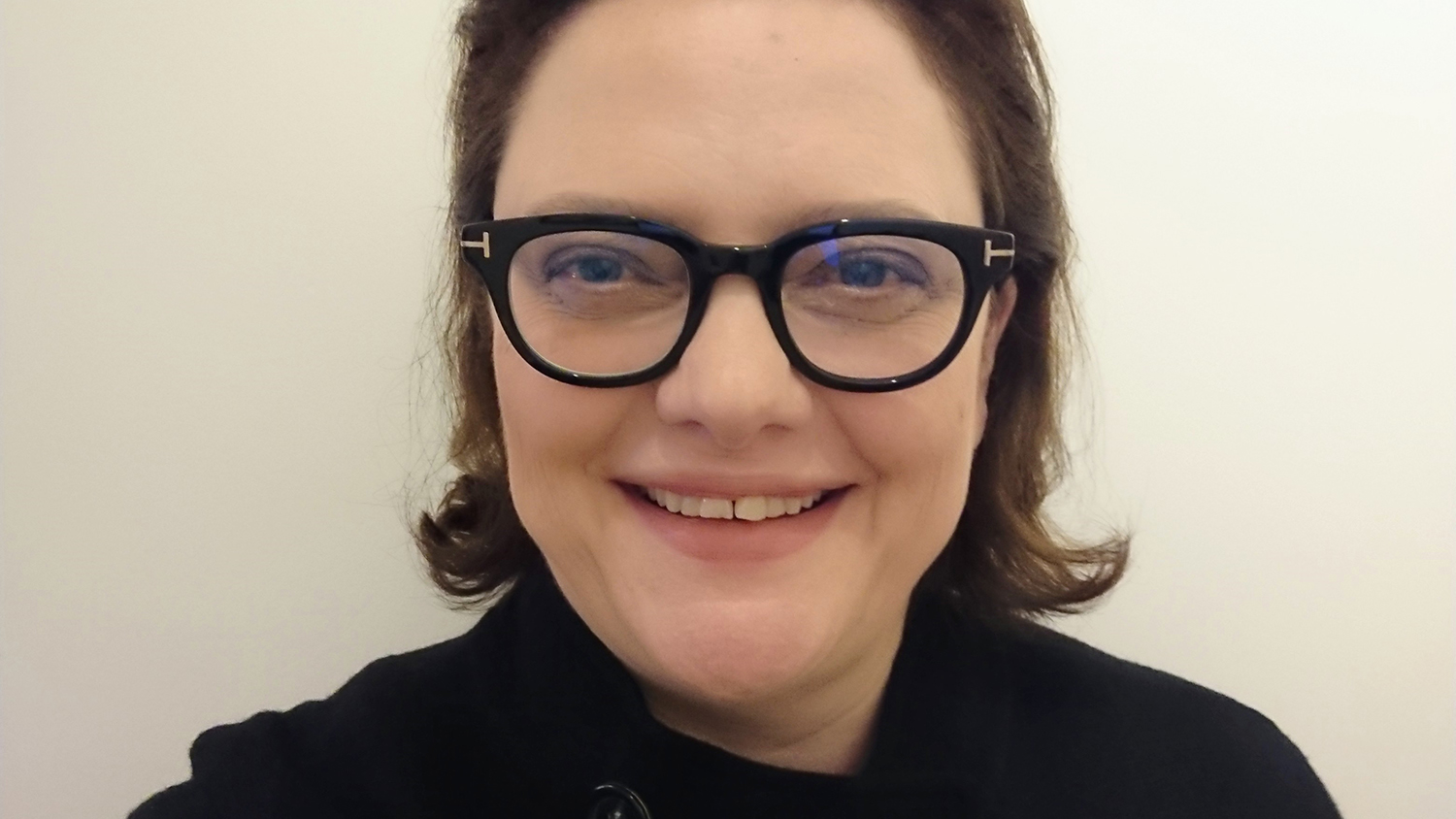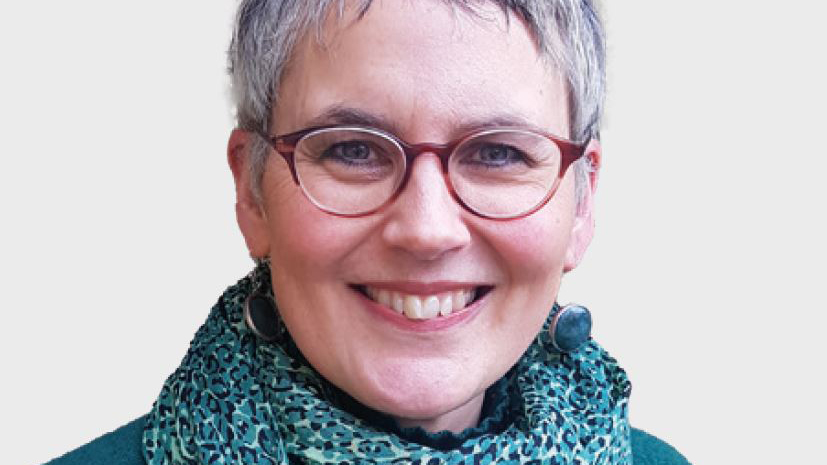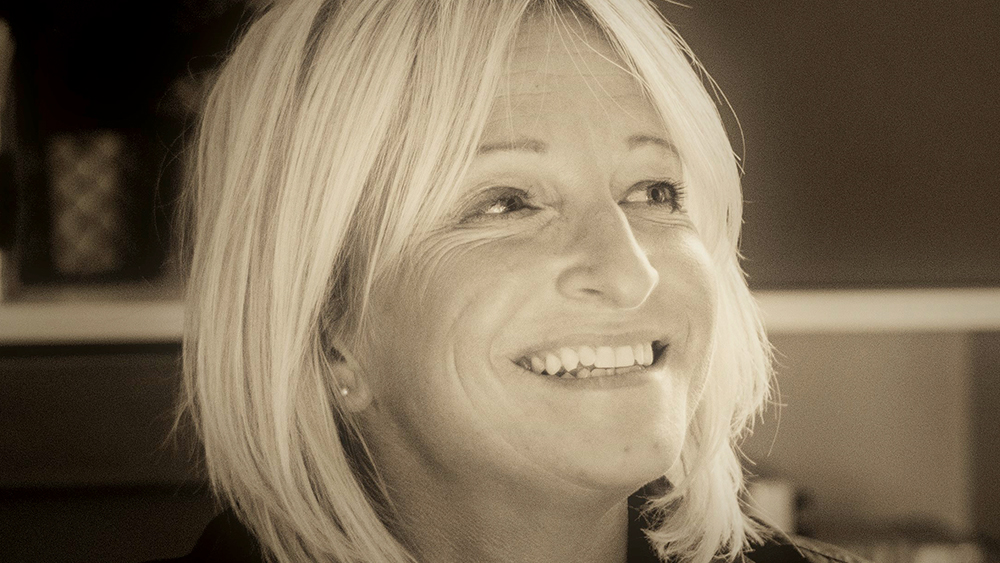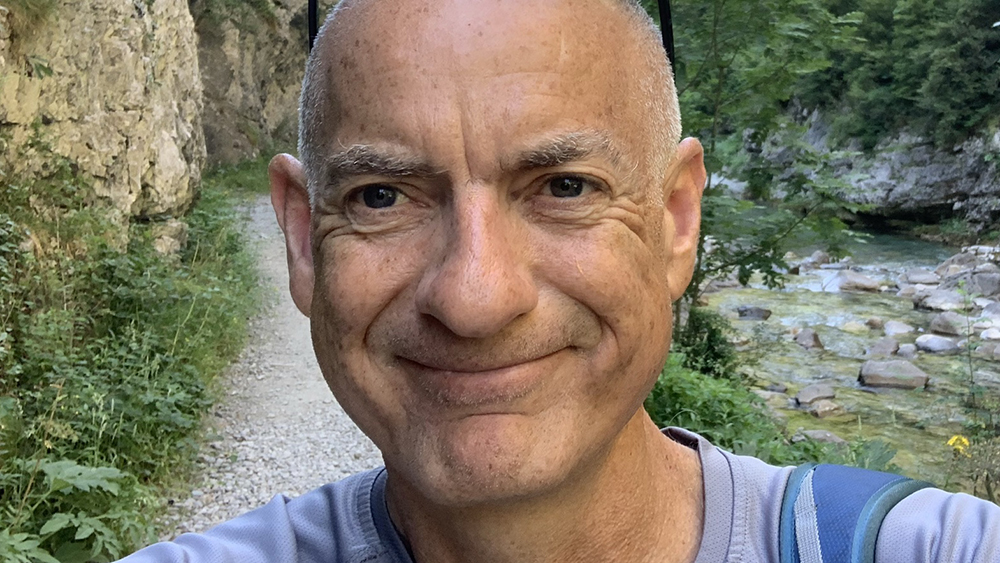
22 June 2023
To celebrate our Spotlight on supervision this month, some of our EMCC UK board members share their own personal approaches to accessing supervision and how this supports them in different ways. They describe how their use of supervision has evolved, including what prompts them to change supervisor from time to time.

Rachael Hanley-Browne, EMCC UK President
Supervision in all its guises offers me so much. I wouldn’t be without the amazing relationships and connections it offers with my peers and elders.
I have a regular one-to-one supervision relationship, a supervision group which focuses specifically on team coaching and Gestalt practices, as well as peer-to-peer supervision with an executive coach (who is also a therapist) and a team coach. I have supplemented this with specialist support, for example when working for Macmillan Cancer Support as a wellbeing coach.
I have had supervision since I became a coach. Initially it was offered by my employer (Ashridge), and my university (Oxford Brookes), and since then it has been self-funded. For individual supervision, I enjoy working with someone who connects deeply with me. It is a relationship where you need to be vulnerable, and have someone to partner with on self-discovery.
At supervision, we talk about specific client challenges, explore my practice and what I bring to coaching, and it is where I seek support with my own emotional load, especially when my personal life is challenging – for example, with the death of my Dad last year. This led me to take a step back from my practice while I gave myself time to grieve. I also enjoy sharing new reading, learning and ideas with my supervisor; these discussions are really fruitful and stimulating.
As a team coach, it is essential to do group work and to be part of a coaching community. For about three years I met with a group of four team coaches. We had weekend retreats, worked on our group process, and co-created a unique lens into ‘how we were being’ together as practitioners. We had challenging conversations and explored our signature presence and self-perception. The group came to a natural end, and I am currently joining another community of team coaches.

Philippa Eddie, EMCC UK Non-Executive Director
I like to combine different types of supervision into my coaching practice: formal, contracted one-to-one supervision; small group peer supervision with a few coaches with whom I trained; and informal supervision-type chats with fellow coaches whom I have met through my networks. I also had a dedicated supervisor provided by the coaching training company while I was training, who was excellent.
As an internal coach in the civil service, until recently I had the same fabulous ‘formal’ one-to-one supervisor for three years through the civil service. We typically met every two to three months. We decided to end the supervisory relationship as a result of a potential conflict of interest in our other work commitments, but are very much still in contact. Otherwise I am sure that we would have continued!
As well as discussing specific client coaching situations, I have used all the different supervision formats to talk about issues such as my identity, my challenges and purpose as a coach, where and how I am seeking to develop as a coach, and my research and coaching interests in neurodiversity.
I have recently started with a new one-to-one supervisor, who has a different style from my previous one, but one that is also very effective. This has led me to consider that changing supervisor fairly regularly, or having more than one at the same time, can be valuable if feasible timewise and moneywise. However, the informal supervision-type conversations mentioned above can also have great impact and be of immense value.

Hannah Butler, EMCC UK Director for Coaching Practice
I have several supervisors who all offer deep challenge. My supervision invites me to reflect through different perspectives and encourages me to make connections in the way I show up as a coach. I have one supervisor who holds a light interrogative space, which enables me to ask questions in relation to my practice, and more specifically about the space I offer clients.
Other supervision focuses on my coaching in relation to groups and teams, exploring the role I play and how I hold space for a team or group of individuals. This work is vital, as I dig deeper into my own reflections, and it brings clarity and safety to my practice.
Initially, my supervision had a strong focus on tools and techniques. This then evolved into exploring the more generic coaching banana skins, such as interrupting clients and asking confusing questions. Then came several different phases where I grappled with projection, ethical dilemmas, bias and systemic issues.
As I progress, I am now working from a more experiential perspective. This enables me to tend to the whole self. It is still important for me to remember my younger self as a coach, and sense the cyclical, iterative process of supervision. I continue to revisit tools and techniques as new ones arrive, and so the process begins again as I assimilate and adapt.
Supervision is a place to explore those itches I can’t quite scratch. Independent self-reflective practice is an important part of my coaching work. But I know I am ready for supervision when I feel a sense of incongruence. It is not just a diary date. I go to supervision even when I am not formally due supervision, so that I do the work that needs to be done in service of myself and the people I work with.

Ivan Beaumont, EMCC UK Director of Digital
Last year I decided to experience group supervision, and joined a group led by two experienced supervisors: Elaine Patterson and Karyn Prentice. Elaine has been my supervisor since I graduated as a coaching supervisor with the Coaching Supervision Academy (CSA) back in 2014.
I chose CSA because they seemed to work completely differently to the way I was used to. While this was emotionally uncomfortable at times, ultimately it has been a transformational experience.
There are a few reasons why I have recently joined a group. Firstly, I specialise in team coaching both as a practitioner and trainer. I also provide group supervision, so it seemed important to experience group supervision as a recipient. There was also an opportunity to work with two supervisors at the same time, which I believe is beneficial. The added bonus is that we get to work outside in some of London’s fantastic parks!
What I bring with me to supervision can vary greatly. I work with complexity and emergence. For inspiration, my own reflection and preparation prior to supervision, I often reference a couple of books: Reflect to Create! and Nature’s Way. For me, the focus is typically on being rather than doing. I have certainly become acquainted with a few self-limiting beliefs over the years through supervision.

Jason Rabinowitz, EMCC UK Non-Executive Director
My first experience of supervision was during my masters course, where we had small group supervision, which was incredibly helpful to get real-time feedback on our coaching. Soon after that, I started with my first individual supervisor, with whom I still work 10 years on. However, I now also use another supervisor and tend to alternate. The rationale is to get different perspectives, experience a variety of styles, and keep it fresh.
Supervision is quite a personal process, so the quality of relationship is key. Early on, I found that I was looking (implicitly and explicitly) for reassurance as a relatively new coach; now it feels like a peer relationship where I explore knotty issues that have no simple solutions.
I’ve also been part of a peer supervision group of six people, which actually started as group supervision by my individual supervisor. The group has evolved into a general purpose support group, and also provides a way to test out our own supervision and learn about others’ approaches.
I have generally used supervision to get input and help my thinking about challenging situations in my coaching. As I have grown more experienced, these challenges have become less salient, and sometimes I wonder what would be worth bringing to my sessions. So nowadays, I try to look for broader learning themes, often about my own personal development, and also wait to see what emerges when I am in dialogue.
Supervision doesn’t have to be uniquely about problems to solve, but can be a stimulating, generative process!
Have these insights from our EMCC UK board members inspired you to reflect you on how you approach your own supervision? If so, check out our newly updated supervision pages. Here you will find tips on how to find a supervisor, how to choose between 1-2-1, group and peer supervision, and ideas for different ways to use supervision sessions.
Image by Hrant Khachatryan on Unsplash